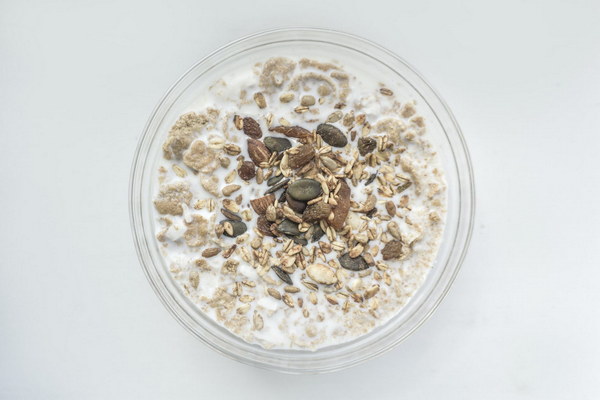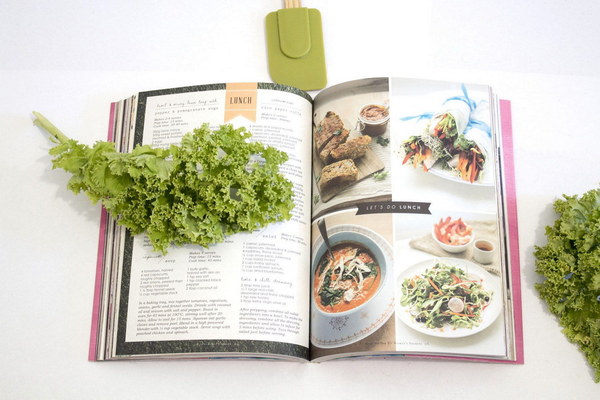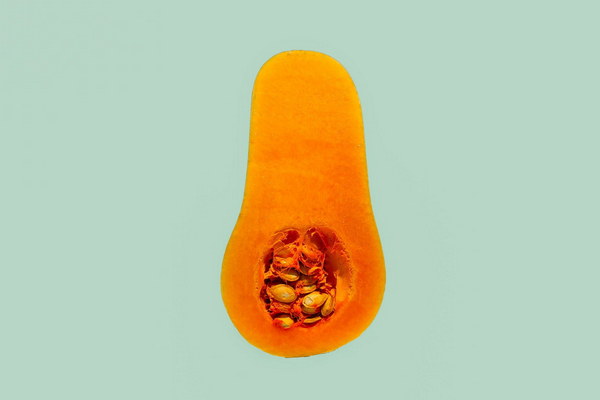Postpartum Care Nurturing Your Body After Natural Birth
After the joy and exhaustion of giving birth, it's important to focus on your body's recovery. Postpartum care is essential for healing, preventing complications, and ensuring a smooth transition into motherhood. This article provides a comprehensive guide on how to take care of your body after a natural birth.
1. Rest and Sleep
The first few weeks after giving birth are crucial for recovery. Your body has undergone significant changes, and adequate rest and sleep are essential for healing. Try to get as much sleep as possible, even if it means napping during the day. Consider hiring a doula or asking for help from friends and family to ensure you can rest.
2. Proper Diet
A balanced diet is vital for postpartum recovery. Focus on nutrient-rich foods that promote healing, such as fruits, vegetables, lean proteins, whole grains, and healthy fats. Ensure you're getting enough calcium, iron, and vitamin D to support your bones, blood, and overall well-being. Stay hydrated by drinking plenty of water.
3. Gentle Exercise
Gentle exercise can aid in postpartum recovery by reducing swelling, improving circulation, and enhancing your mood. Start with simple activities like walking, pelvic floor exercises, and stretching. Consult with your healthcare provider before beginning any exercise regimen to ensure it's safe for you and your baby.
4. Breastfeeding
Breastfeeding is beneficial for both you and your baby. It helps with the contraction of the uterus, reduces the risk of postpartum hemorrhage, and provides your baby with essential nutrients and antibodies. If you encounter any challenges, seek support from lactation consultants or breastfeeding support groups.
5. Perineal Care
Your perineum may be sore or swollen after giving birth. To promote healing, keep the area clean and dry. Use warm, saltwater compresses to reduce swelling and discomfort. Avoid using tampons until your healthcare provider gives you the green light, as this can increase your risk of infection.
6. Pelvic Floor Exercises
Pelvic floor exercises, also known as Kegels, are crucial for strengthening the muscles that support your bladder, bowel, and uterus. These exercises can also help prevent urinary incontinence and improve sexual function. Start with a few repetitions daily and gradually increase the number as your strength improves.
7. Avoiding Certain Activities

Certain activities can hinder your recovery and increase your risk of complications. Avoid heavy lifting, vigorous exercise, and sexual activity until your healthcare provider gives you clearance. Additionally, be cautious when climbing stairs or walking to prevent falls and strain on your healing body.
8. Emotional Support
Postpartum care is not just about physical recovery; it's also important to address emotional well-being. Postpartum depression and anxiety are common, and seeking support from friends, family, or mental health professionals can make a significant difference. Don't hesitate to reach out for help when needed.
9. Regular Check-ups
Schedule regular check-ups with your healthcare provider to monitor your recovery and address any concerns. These appointments will help ensure you're on the right track and can provide guidance on how to continue your postpartum care.
10. Patience and Self-Care
Remember that postpartum recovery is a process that requires patience and self-care. It's normal to feel overwhelmed, and it's important to prioritize your health and well-being. Allow yourself time to heal, and don't be afraid to ask for help when needed.
In conclusion, taking care of your body after a natural birth is essential for a smooth recovery and a healthy transition into motherhood. By focusing on rest, diet, exercise, and emotional support, you can ensure you're on the right track to healing and thriving as a new mom.









